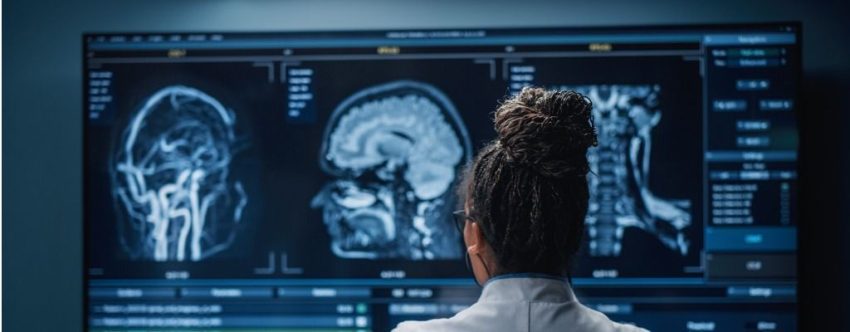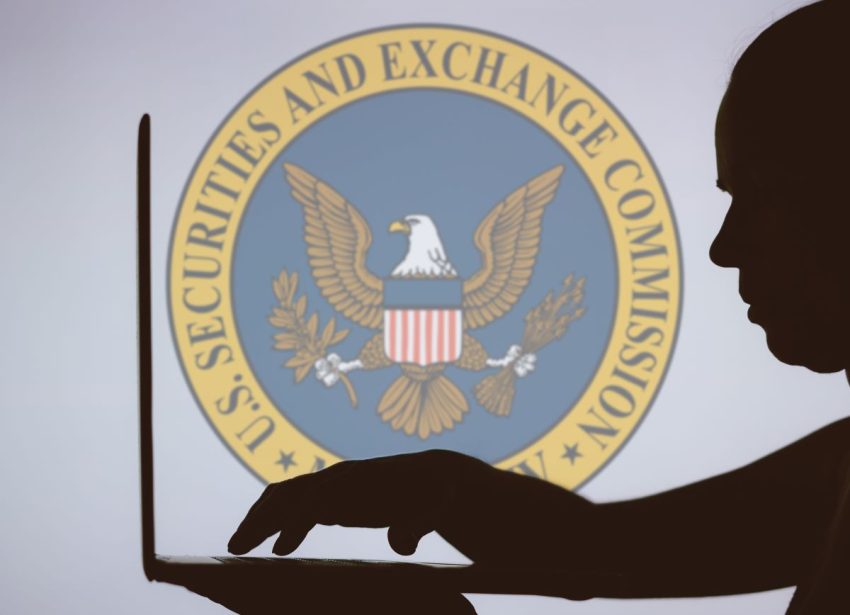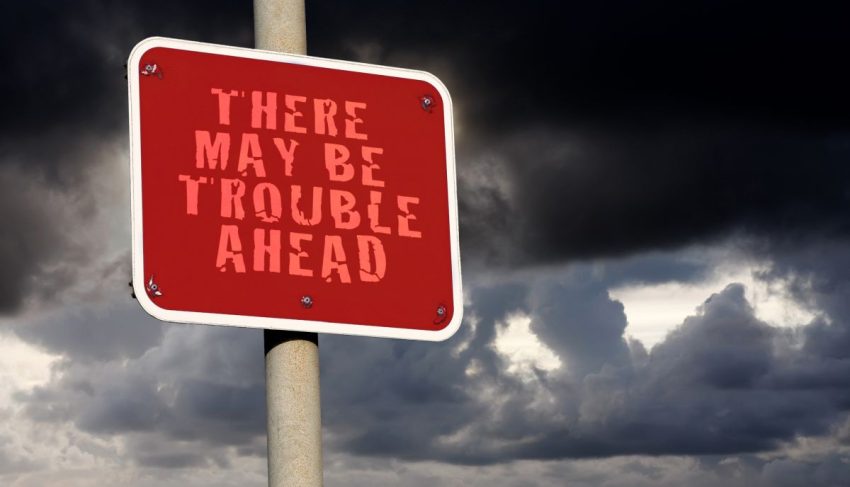On March 16, 2024, National Diagnostic Imaging (NDI) experienced a network disruption. Their investigation subsequently revealed that they had been the victim of unauthorized access between February 19, 2024, and March 27, 2024. According to a letter from one of their clients, they notified Birth Choice of San Marcos on August 19 of the scope…
Category: Of Note
NYDFS Superintendent Adrienne A. Harris Issues New Guidance to Address Cybersecurity Risks Arising from Artificial Intelligence
October 16, 2024 New York State Department of Financial Services (DFS) Superintendent Adrienne A. Harris today issued new guidance to assist regulated entities in addressing and combating cybersecurity risks arising from artificial intelligence. The guidance builds on the Department’s ongoing work to protect New Yorkers and DFS-licensed entities from cybersecurity risks through its nation-leading cybersecurity…
FBI Arrests Alabama Man in the January 2024 SEC X Hack that Spiked the Value of Bitcoin
Kelvin Munene Murithi reports: The FBI has arrested Eric Council Jr., 25, of Athens, Alabama, in connection with the January 2024 unauthorized takeover of the U.S. Securities and Exchange Commission’s (SEC) X account, previously known as Twitter. The arrest follows allegations that Council played a key role in a hacking incident that led to a…
Double trouble: DoctorsToYou has not one, but two data security incidents to address
On Wednesday, the RansomHub ransomware group added a listing for DoctorsToYou in New York to their leak site. Their listing included several screencaps that revealed personally identifiable information (PII) and protected health information (PHI). Some of the files specifically showed their name or letterhead. The listing did not indicate how many GB of data RansomHub…
Radiant Capital Halts Lending After $50+ Million Security Breach; Compounded by Ancilia Goof
Coinpaper reports: Radiant Capital paused its lending markets after a cybersecurity breach that resulted in losses of more than $50 million on both the BNB Chain and Arbitrum networks. According to Web3 cybersecurity firm De.Fi Antivirus, the exploit was linked to the “transferFrom” function in Radiant Capital’s smart contracts, which allowed the attacker to drain funds…
Iranian Cyber Actors’ Brute Force and Credential Access Activity Compromises Critical Infrastructure Organizations
From CISA, Alert Code: AA24-290A Summary The Federal Bureau of Investigation (FBI), the Cybersecurity and Infrastructure Security Agency (CISA), the National Security Agency (NSA), the Communications Security Establishment Canada (CSE), the Australian Federal Police (AFP), and Australian Signals Directorate’s Australian Cyber Security Centre (ASD’s ACSC) are releasing this joint Cybersecurity Advisory to warn network defenders…



